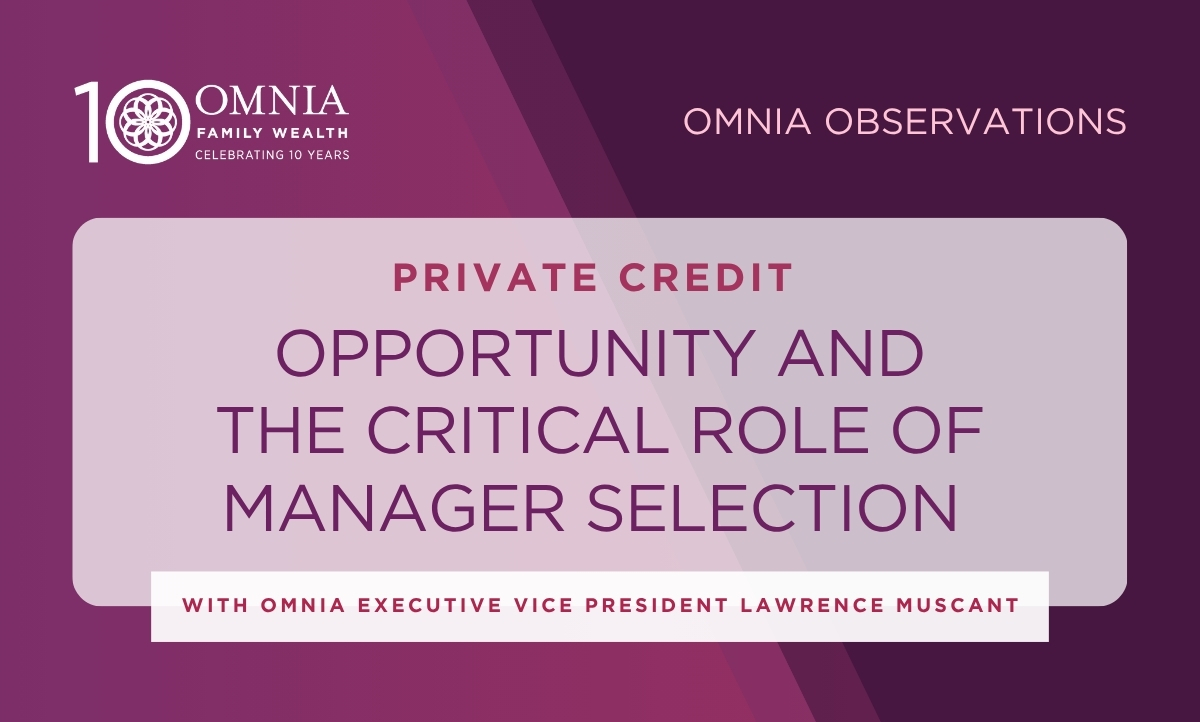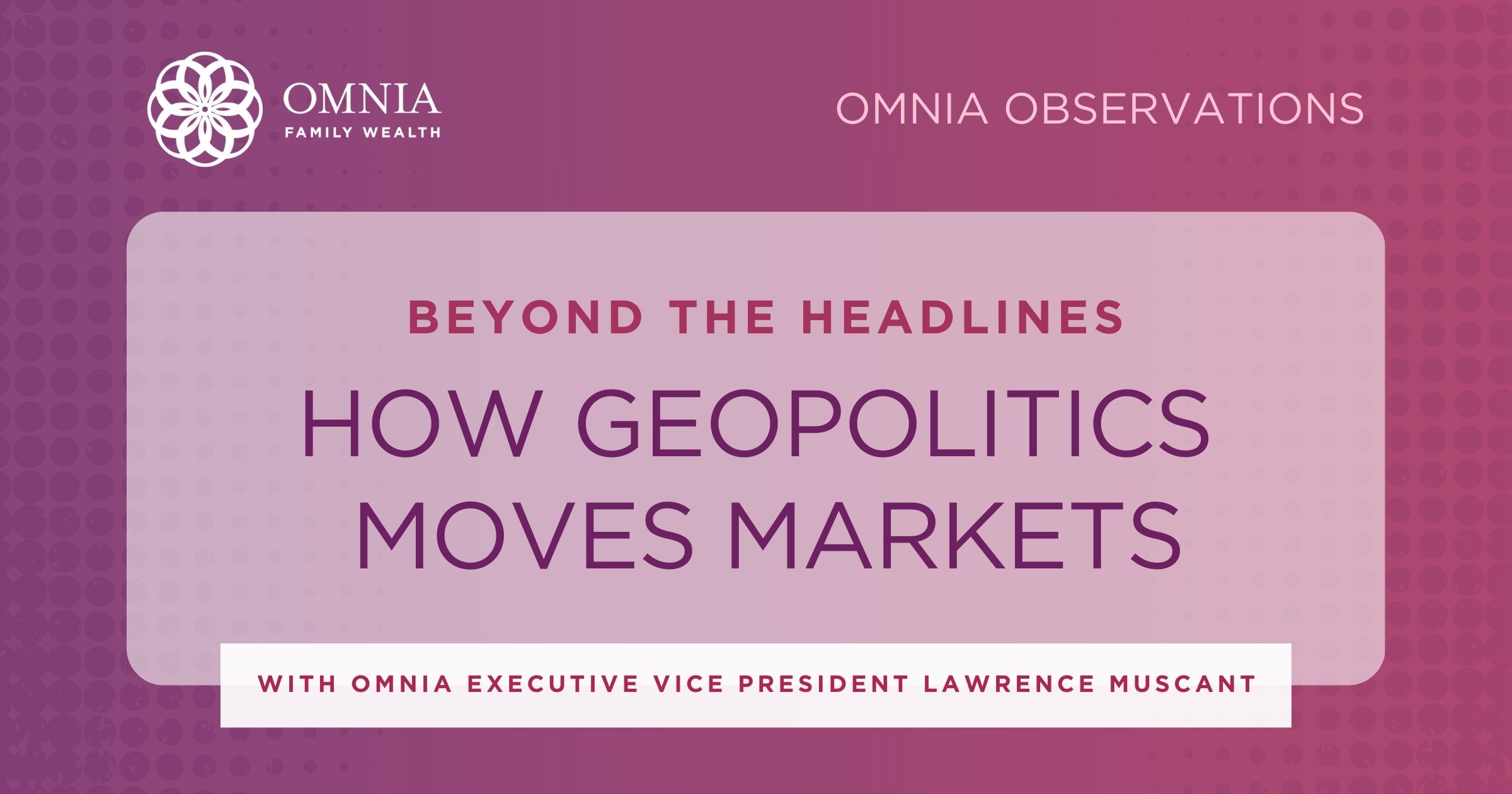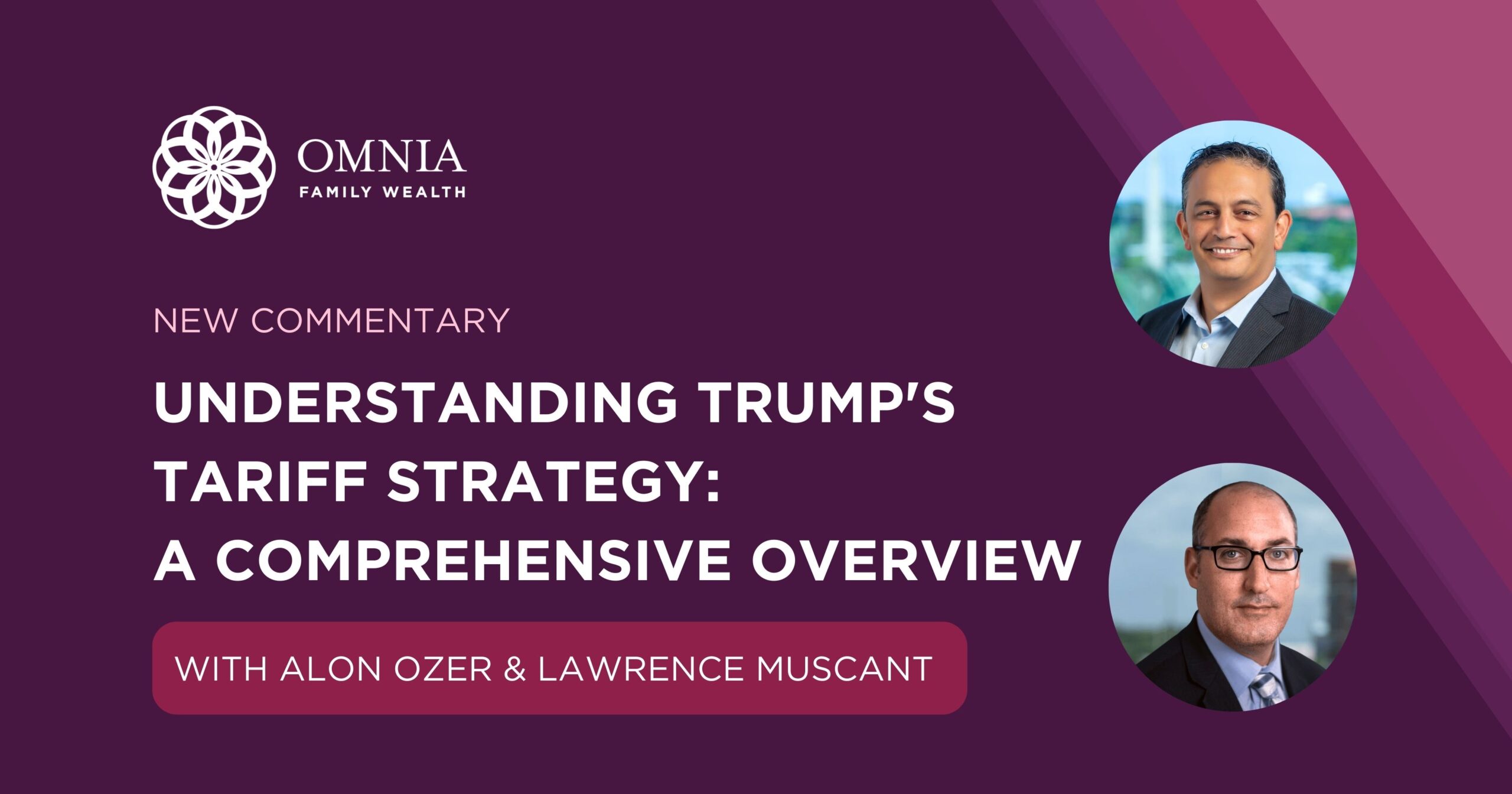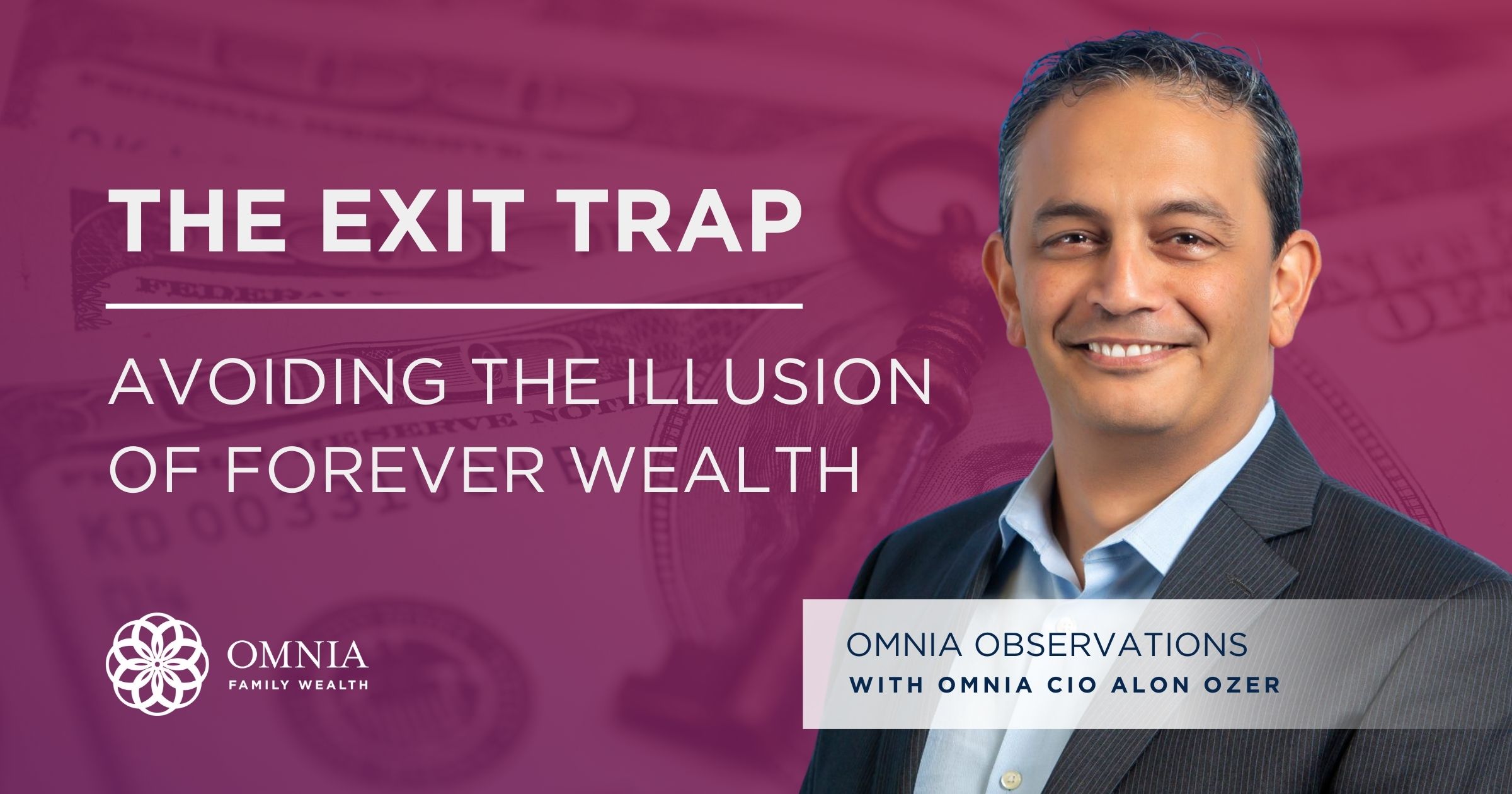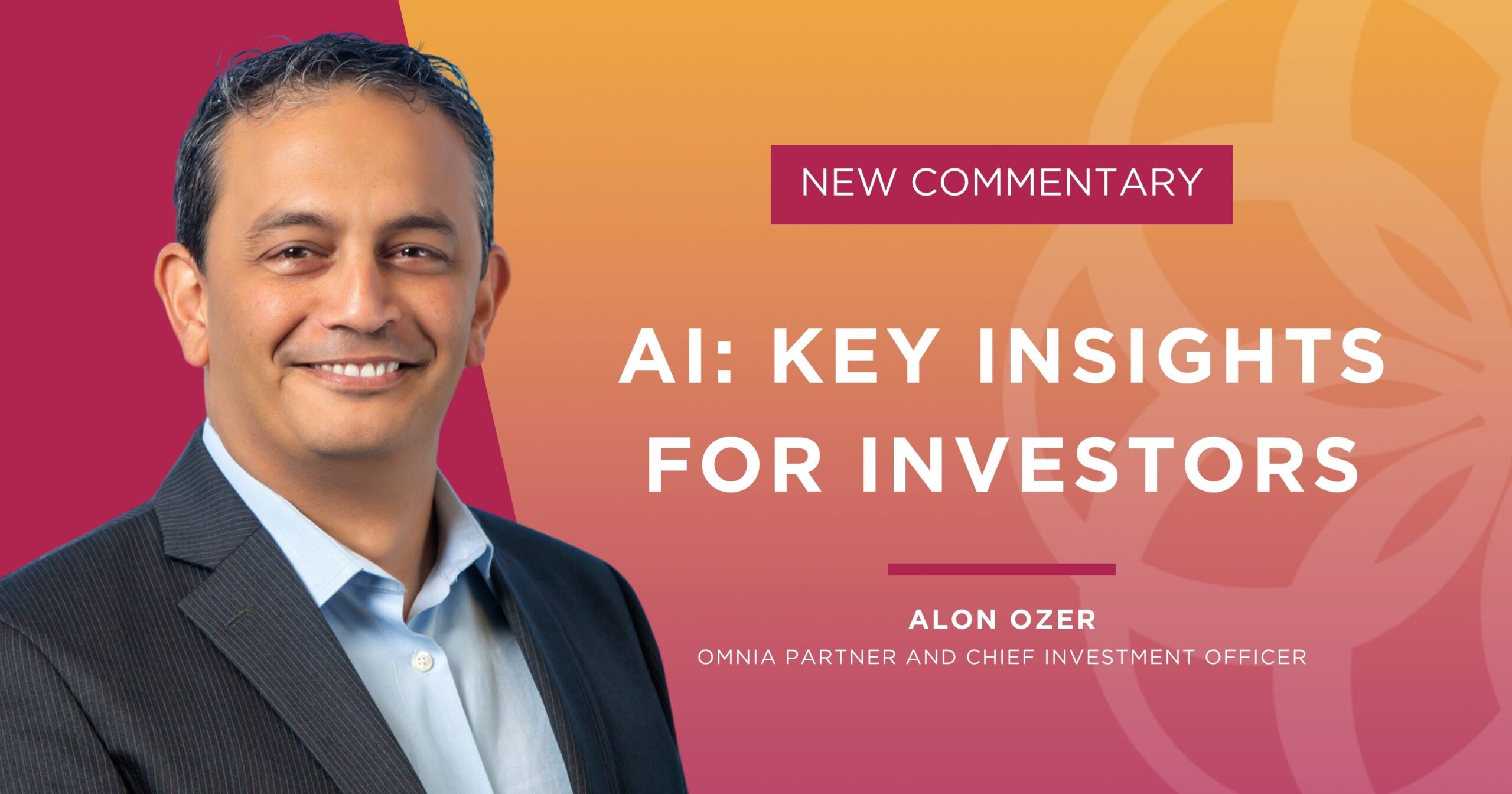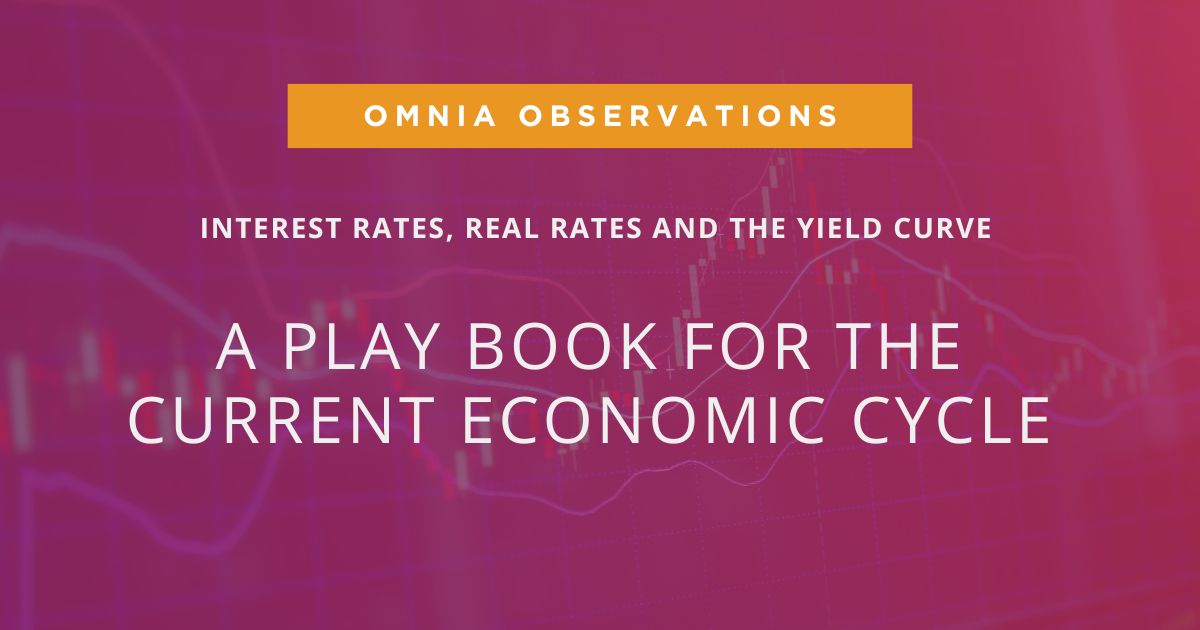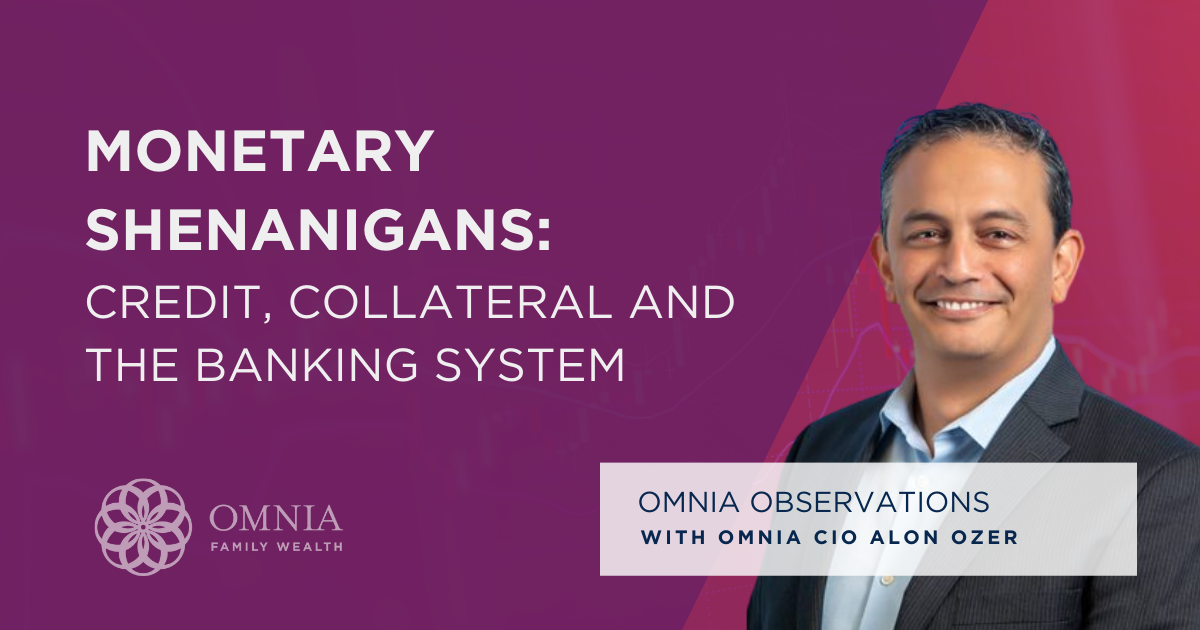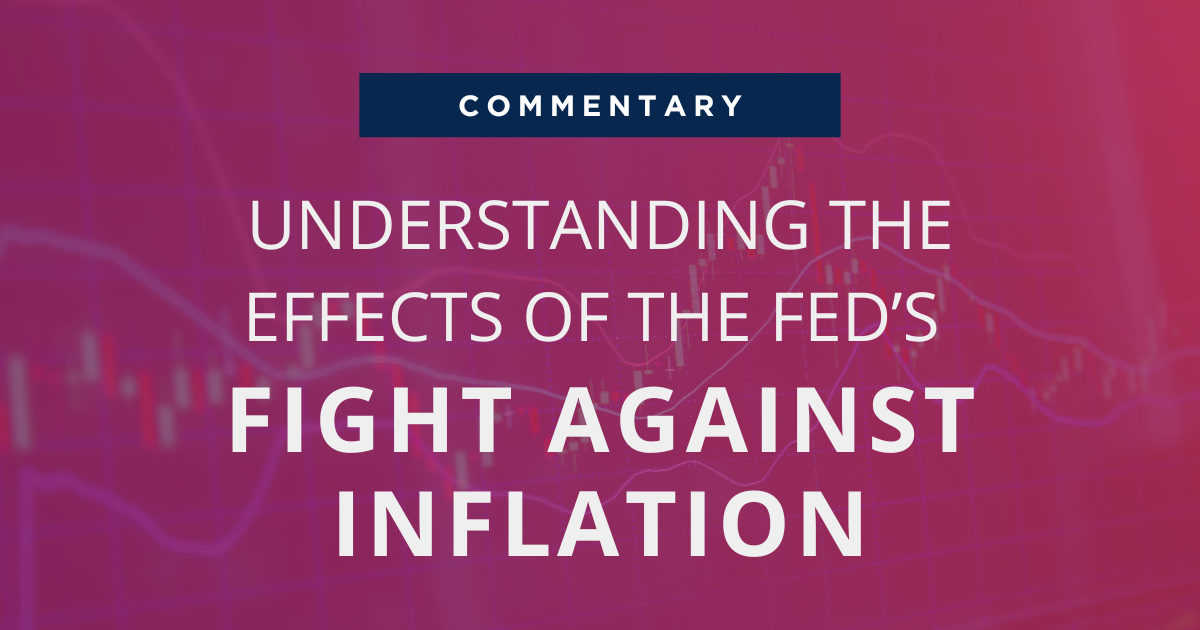
Investing in the Free (Market) World
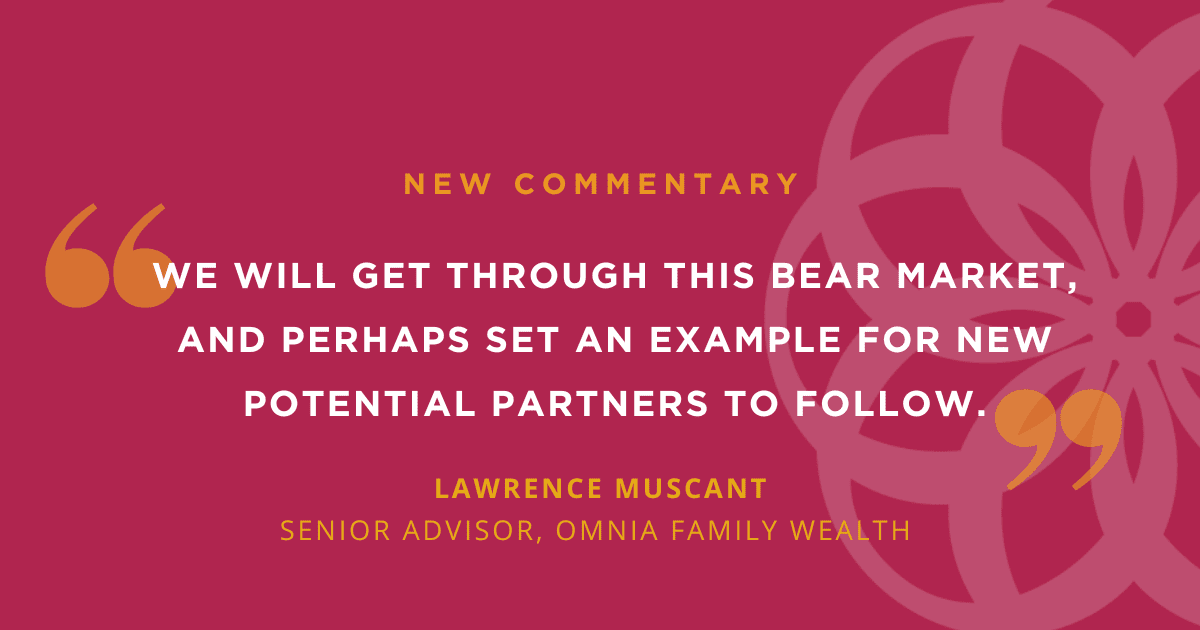
Our history has shown time and again that free-market practice has, in almost every circumstance, lifted people out of poverty, cultivated a strong and resilient middle class, created wealth, and raised the overall standard of living wherever adopted. By focusing on competition, innovation and entrepreneurship, free-market economics has allowed individuals to leverage their genius and diligence to transcend their social status, allowing their best ideas and contributions to stand with equal footing within the marketplace of ideas.
It is by no means an accident, therefore, that nearly all of this century’s most impactful breakthroughs and innovations have come from free-market countries. Of the near 1,000 Nobel Prizes that have been awarded since 1901, well over 900 were granted to citizens of free-market countries. In fact, amongst the top 11 countries with the most Nobel Prize winners, Russia, with its 32 recipients, is the only non-free-market country to be included on the list, placing 5th. The United States, with its 400 prize recipients, sits well ahead at the top of the list.[1]
Let us also look no further than the “Start-up Nation,” Israel.[2] The tech powerhouse with a population of a little more than nine million has won more Nobel prizes per capita than any country in the world. Israel remains the country with the most unicorns per capita in the world.[3] Israel is a leader in Agri-Tech, where, according to Start-up Nation Central, Israeli companies, “provide a broad spectrum of solutions, helping to increase yields, reduce the use of harmful chemicals and improve the quality and variety of crops by employing cutting-edge technologies like computer vision, artificial intelligence, robotics, advanced communications, traceability solutions, and biotechnology.” Israel is also a global leader in Climate-Tech, where over 700 companies are focused on sustainable food production, afforestation, recycling and energy efficiency.[4] Like the United States, Israel is also a leader in medicine.
Free markets may not be perfect, but a system that rewards people differentially for their insights and efforts is more effective than any other known form of social organization at pulling human beings out of poverty and enabling prosperity.[5] One need only to look at the multitude of current global examples for evidence.
Consider the current situation in Venezuela and how ill-prepared its authoritarian-style economy was to address the challenges posed by the COVID-19 pandemic. As early as 1999, under former President Hugo Chavez, Venezuela took a socialist approach to economic resiliency by setting pricing controls on basic goods to make them more affordable. The price controls completely backfired, as businesses, no longer able to make a profit on their work, stopped production entirely, resulting in major national shortages. The Chavez government responded in 2003 by loosening currency controls, only to spike massive hyperinflation, with the poor once again unable to afford necessities like flour, cooking oil and toiletries. Unable to address this challenge, Venezuela continues to be in a downward spiral with the price of a cup of coffee increasing 2,597% between August 2020 to 2021, rising to 7.8 million bolivars.[6]
This economic calamity has had terrible downstream repercussions for the Venezuelan people. With subsequent underfunded and failing public services, scarcity of medical supplies, and rampant malnutrition and hunger throughout the country, Venezuela was completely ill-equipped to address the COVID pandemic and effectively collapsed under the weight of COVID. President Nicolas Maduro attempted to deflect criticism through a campaign of misinformation, including blaming COVID on a US-made biological weapon and promoting the efficacy of fake cures for the disease.
These unspeakable realities were further reinforced by a campaign of violence against those that would publicly question the Maduro government and its socialist approach. According to Human Rights Watch, the government and its security forces are responsible for extrajudicial executions and short-term forced disappearances and have jailed opponents, prosecuted civilians in military courts, tortured detainees and cracked down on protesters.[7] They further used a state of emergency implemented in response to Covid-19 as a pretext to intensify their control over the population. This was further supported by a United Nations Fact-Finding Mission (FFM) which, in 2021, identified patterns of violations and crimes by the Maduro government that amounted to crimes against humanity.[8]
As an authoritarian capitalist state, the People’s Republic of China offers another stark example of how government-controlled economies lack fundamental resiliency.
On the surface, the Chinese hybrid approach of a capitalist economy couched in an authoritarian political regime presents a somewhat viable alternative. As a global power, China continues to expand on many fronts: territorial, social, political, technological and economic. It is the second largest global economy, the largest exporter and has the largest exchange reserves in the world.[9] Its centralized government power structure also provided the country with an easier route to managing the COVID-19 pandemic.
However, when you look under the hood, Chinese centralized control through the CCP is causing multiple internal and external issues that are beginning to crack its facade of strength. In a biannual report released in September, The World Bank forecasted GDP growth in China of just 2.8% for 2022, while the rest of the 23-country Asia-Pacific region was expected to grow 5.3% on average, more than double its 2021’s 2.6% rise. China’s divergent path put its GDP growth behind its neighbors for the first time since 1990.[10] Much of this can be attributed to President Xi Jingping’s 2021 crackdown on China’s private sector corporations. Major companies such as Alibaba, Didi, Bytedance Beijing and Weibo have all been hamstrung by the government’s assertion of control over individual firms.[11] Complemented by a series of regulatory actions seeking to control and redistribute wealth through government stewardship, China’s burgeoning entrepreneurial class has been under attack, while shareholder value of China’s six biggest technology stocks saw cumulative losses of $1.1 trillion between February and August of this year alone.[12] Rather than bringing prosperity and security, Xi’s “Common Prosperity” campaign has done the opposite, reminding the true drivers of China’s economy that within an authoritarian state, none are bigger than the ruling party.
China can ill-afford an economic slowdown, as it is about to confront a series of critical challenges all emerging from its party-controlled decision-making. The Chinese housing market, which was once an unstoppable driver of economic growth, is now one of the chief threats to its economic well-being, with prices for new homes in 70 Chinese cities falling by a worse-than-expected 1.3% year on year in August. Bad housing debt climbed to about 29.1% of total property loans in the first half of this year, up from 24.3% at the end of 2021, according to calculations by Citi’s team including Judy Zhang. The increase is largely attributable to developers controlled by the Chinese government, the analysis showed.[13] As reported in the Guardian, Xi’s decision to throw billions of dollars at a property market to address this issue resembles a giant Ponzi scheme.[14] Moreover, China’s aging and shrinking labor force, as a result of its disastrous one-child policy, will not be able to meet the needs of a demanding and large economy, and by 2050, as much as one-third of the Chinese population will be over the age of 60, putting significant pressure on its health and social services, a pressure that it does not have an answer for.
In the face of these realities, it is however heartening to note that in other parts of the world, countries with a more authoritarian history are starting to take steps towards freeing up their economies and reducing government controls over their population. The results of these steps are speaking for themselves.
Middle East and North African economies are projected to grow by 5.4% in 2022, the fastest rate since 2016.[15] While a portion of this may be attributed to elevated gas prices, the real growth is happening on the ground.
This growth is being led in part by The United Arab Emirates, which after normalizing relations with Israel, continues to show remarkable economic growth across both its oil and non-oil sectors. According to the Central Bank of the UAE, the overall economy is positioned to grow by approximately 5.4% in 2022, and an additional 4.2% in 2023, buoyed by an 8.8% growth in non-oil sectors from the previous year, and a strengthening of the tourism sector.[16] GDP in the Emirates was up 8.4% in the first quarter of 2022, and foreign trade for the first six months of this year exceeded $272 billion, a more than 16% increase compared to pre-pandemic levels in the same 6-month window.
These strong economic outcomes have not come in a vacuum. In November 2020, the UAE introduced a multitude of wide-ranging liberal reforms to its social and legal environment, grounding the UAE on a more secular footing, and making it a more attractive destination for people to live and work and invest.[17] These measures, which weakened the influence of Sharia law within the country have helped create an environment of greater religious tolerance and broad female economic empowerment. While it still has ways to go to reach the liberal values we aspire to here, the UAE is moving in the right direction.
We see similar rapid transformation in the Kingdom of Saudi Arabia. Under the leadership of Crown Prince, Mohammed bin Salman, Saudi Arabia is attempting to transform its country from one purely reliant on oil to a diversified, 21st-century global hub, connecting Europe, Asia and Africa. This vision, which includes liberal reforms and free-market economic policies, is making a difference.
According to UN Women, Saudi women are increasingly taking on new roles in government and business, which represents a significant step forward. Female literacy rates in the country are at 95.3%, and in the last five years, Saudi women labor participation increased from 19.4% to 35.6%, already surpassing targets set for 2030.[18]
Non-oil government revenue in Saudi Arabia has increased by nearly 122% in the last five years, representing approximately $107 billion in 2021. The country has leaned heavily into digital competitiveness, ranking second within the G20 in 2021.[19] As a result, the Kingdom’s overall economy grew by 11.8% in the second quarter of 2022[20], and as it continues to move forward on its bold and ambitious Vision 2030 plan to transform multiple sectors of its economy and society, investors may find new, untapped opportunities for positive investment.
Other Middle Eastern states are also finding success in tempering their more traditional social, political and economic stances with greater normalization and economic cooperation with Israel and the West, and the slow infusion of liberal values domestically. Bahrain saw its total GDP grow 6.9% in the second quarter of 2022, its highest rate of growth in 11 years.[21] Much like Saudi Arabia and the UAE, these numbers were strengthened by significant gains in non-oil sectors, including transport and communication (15.1%), manufacturing (7.6%) and growing foreign investment.[22]
In the United States, we have witnessed the resiliency of the free-market system, and how, through ingenuity, hard work, creativity and entrepreneurship, we can get through the toughest of economic times. It may not always be perfect, but it is a tested insurance against the worst possible outcomes, some of which we are witnessing today. We will get through this bear market, and perhaps set an example for new potential partners to follow.
Omnia Family Wealth, LLC (“Omnia”), a multi-family office, is a registered investment advisor with the SEC. This commentary is provided for educational and informational purposes only. It does not take into account any investor’s particular investment objectives, strategies, tax status, or investment horizon. No portion of any statement included herein is to be construed as a solicitation to the rendering of personalized investment advice nor an offer to buy or sell a security through this communication. Consult with an accountant or attorney regarding individual tax or legal advice.
Advisory services are only offered to clients or prospective clients where Omnia Family Wealth and its representatives are properly licensed or exempt from licensure. Information in this message is for the intended recipient[s] only. Please visit our website https:// omniawealth.com for important disclosures. This content is provided for informational purposes only and is not intended as a recommendation to invest in any particular asset class or strategy or as a promise of future performance. References to future returns are not promises or even estimates of actual returns a client portfolio may achieve.
The views expressed in this commentary are subject to change based on market and other conditions. These documents may contain certain statements that may be deemed forward looking statements. Please note that any such statements are not guarantees of any future performance and actual results or developments may differ materially from those projected. Any projections, market outlooks, or estimates are based upon certain assumptions and should not be construed as indicative of actual events that will occur.
All information has been obtained from sources believed to be reliable, but its accuracy is not guaranteed. There is no representation or warranty as to the current accuracy, reliability or completeness of, nor liability for, decisions based on such information and it should not be relied on as such.
No investment strategy or risk management technique can guarantee returns or eliminate risk in any market environment. All investments include a risk of loss that clients should be prepared to bear. The principal risks of Omnia strategies are disclosed in the publicly available Form ADV Part 2A. The major risks associated with investing in the natural resources sector, including large price volatility due to non-diversification and concentration in natural resources companies.
Investing in foreign domiciled securities may involve risk of capital loss from unfavorable fluctuation in currency values, withholding taxes, from differences in generally accepted accounting principles or from economic or political instability in other nations. Investments in emerging or developing markets may be more volatile and less liquid than investing in developed markets and may involve exposure to economic structures that are generally less diverse and mature and to political systems which have less stability than those of more developed countries.
For current Omnia Family Wealth information, please visit the Investment Adviser Public Disclosure website at www.adviserinfo.sec.gov
[1] https://worldpopulationreview.com/country-rankings/nobel-prizes-by-country
[2] https://bookoutlet.com/products/9780446541473B/startup-nation-the-story-of-israels-economic-miracle?gclid=EAIaIQobChMI3unauO_–gIVGSyGCh29jgrBEAQYAiABEgLtdvD_BwE&gclsrc=aw.ds
[3] https://www.calcalistech.com/ctech/articles/0,7340,L-3927712,00.html
[4] Israeli Innovation for the world | Start-Up Nation Central (startupnationcentral.org)
[5] https://www.weforum.org/agenda/2019/11/why-we-need-more-economists
[6] https://www.bbc.com/news/world-latin-america-36319877
[7] https://www.hrw.org/world-report/2022/country-chapters/venezuela
[8] https://www.hrw.org/world-report/2022/country-chapters/venezuela
[9] https://santandertrade.com/en/portal/analyse-markets/china/economic-political-outline
[10]https://www.theguardian.com/business/2022/sep/27/china-growth-lags-asia-pacific-for-first-time-in-decades-as-world-bank-cuts-outlook#:~:text=The%20World%20Bank%20forecast%20GDP,than%20double%202021’s%202.6%25%20rise.
[11] https://asiasociety.org/policy-institute/xi-jinpings-pivot-state
[12] https://asiasociety.org/policy-institute/xi-jinpings-pivot-state
[13]https://www.bloomberg.com/news/articles/2022-09-19/china-s-property-bad-loan-ratio-surges-to-almost-30-citi-says
[14] https://www.theguardian.com/business/2022/sep/25/china-property-bubble-evergrande-group
[15]https://www.worldbank.org/en/region/mena/publication/mena-economic-monitor#:~:text=This%20edition%20of%20the%20World,the%20fastest%20rate%20since%202016.
[16]https://www.thenationalnews.com/business/economy/2022/09/28/emirates-nbd-raises-uae-growth-forecast-to-7-in-2022-on-oil-output-and-robust-rebound/
[17]https://asiahouse.org/news-and-views/economic-and-social-reform-in-the-uae-a-bid-to-boost-growth-and-investment/
[18] https://www.vision2030.gov.sa/v2030/achievements/
[19] https://www.vision2030.gov.sa/v2030/achievements/
[20]https://www.thenationalnews.com/business/economy/2022/09/05/saudi-arabia-and-uae-non-oil-business-activity-improves-in-august-despite-inflation-fears/
[21]https://www.thenationalnews.com/business/economy/2022/09/25/bahrain-posts-highest-q2-economic-growth-in-11-years-at-69/
[22]https://www.thenationalnews.com/business/economy/2022/09/25/bahrain-posts-highest-q2-economic-growth-in-11-years-at-69/

